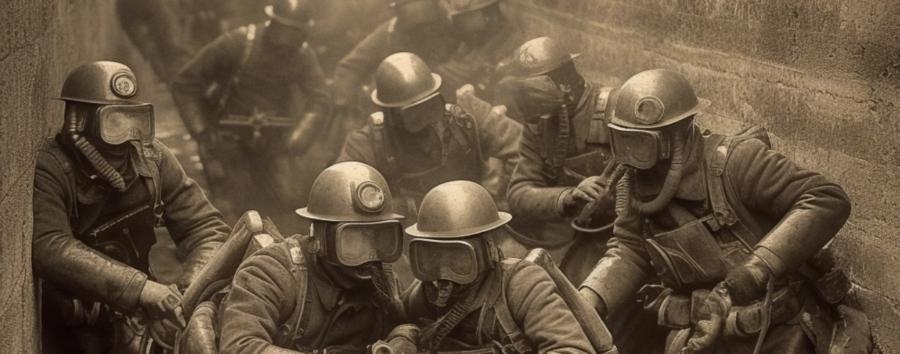Ethical Considerations in Documentary Photography

The Moral Quagmire of Capturing RealityAh, documentary photography, that noble pursuit of freezing the truth within the confines of a two-dimensional image. It is a delicate tango between the photographer’s eye and the objective reality of their subjects. But as with any dance, there are rules – and when it comes to documentary photography, these rules often concern the slippery slope of ethics.
Truth, Beauty and ExploitationThe central ethical conundrum of documentary photography is this: how does one depict reality without compromising one's own moral compass or the dignity of the subject? The answer, my friends, is as elusive as the very nature of truth itself. After all, one person's truth may be another's fiction, and what some may consider beautiful, others may find downright exploitative.
Consider the case of Kevin Carter, the South African photojournalist who took the heart-wrenching photograph of a starving Sudanese child stalked by a vulture, an image that won him the Pulitzer Prize but ultimately led to his own tragic demise. Was Carter's decision to capture the horror of the Sudanese famine and its impact on innocent children an ethical one, or did it simply exploit the suffering of others for the sake of a powerful image?
Steering Clear of Ethical PitfallsNavigating the murky waters of ethics in documentary photography is no mean feat, but fear not, for I have compiled a handy list of tips to keep your conscience (relatively) clean while you snap away at the world in all its gritty glory:
- Always seek consent: When photographing people, always ask for their permission, whenever possible. This not only shows respect for your subjects but also ensures that you avoid any legal snafus that may arise from invading someone's privacy. And remember, a smile and a friendly demeanor go a long way in securing that all-important nod of approval.
- Be transparent about your intentions: It's important to be honest with your subjects about your project and its goals. Misleading them, even with the purest of intentions, may lead to accusations of manipulation, undermining the credibility of both your work and the documentary photography community as a whole.
- Remain sensitive to your subjects' feelings: Documentary photography often delves into the very heart of human suffering, and while it may be tempting to chase after the most shocking or heartbreaking images, it's crucial to remember that behind every photograph is a human being with their own emotions and dignity. Treat your subjects with the compassion and understanding they deserve, and your work will be all the richer for it.
- Question your own motives: Before you press the shutter button, take a moment to ask yourself: am I capturing this scene for the right reasons? Is my goal to educate, inform, or inspire, or am I simply seeking to shock or titillate? The answer may not always be clear-cut, but taking the time to consider your motivations can help keep your ethical compass on track.
- Embrace the gray areas: Life is not black and white, and neither is the field of documentary photography. Accepting that ethical dilemmas are an inherent part of the job can help you approach each situation with a sense of curiosity, humility, and openness, rather than rigid adherence to a set of predefined rules.
Remember, You're Only HumanAt the end of the day, we documentary photographers are just as flawed and fallible as the subjects we so diligently capture. It's important to acknowledge our own biases, blind spots, and ethical conundrums, and to learn from our mistakes. After all, the most powerful photographs are those that reflect not only the world as it is but also the photographer's ongoing journey of self-discovery and growth.
The Ultimate Balancing ActEthical considerations in documentary photography are like a tightrope suspended over a churning sea of moral ambiguity. It's a delicate balancing act that requires constant vigilance and self-awareness, as well as a willingness to embrace the complexities and contradictions of the human experience.
So strap on your camera, take a deep breath, and step out onto that precarious wire. The world is waiting for your unique vision, and the thrill of capturing its truth – whatever that may be – is worth the occasional wobble or misstep.
Just remember to always keep one eye on the ethical tightrope and the other on the shifting sands of the human condition, and you'll be well on your way to creating memorable, thought-provoking, and – above all – ethically sound documentary photography. Bon voyage, my intrepid friends!
|
|






